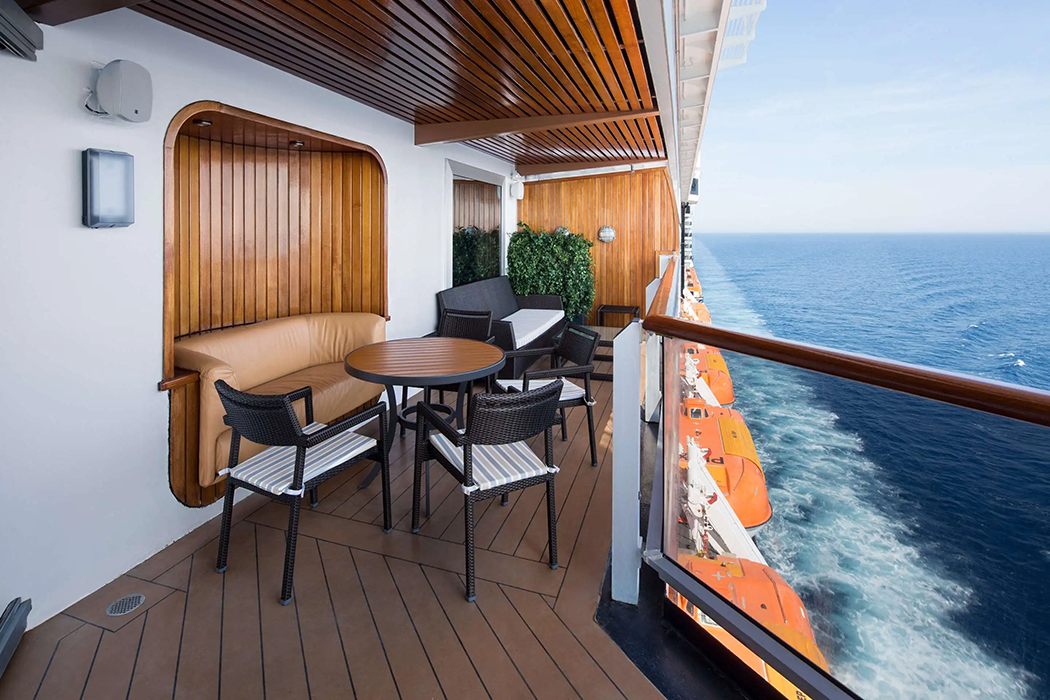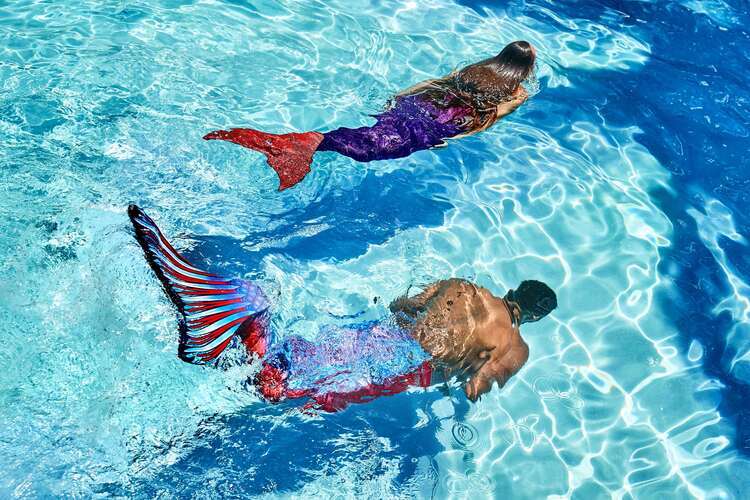Committed to Protecting the Planet
Ponant Cruises' Conservation International is a non-profit organisation that aims to preserve biodiversity, wherever it is threatened, in order to ensure a sustainable future for our planet and all of its inhabitants. Their vision is simple: every citizen can and must be involved in protecting nature. To do so, everyone must realize its value and importance in everyone's life. Everyone's future depends on it. Given the risks that human activities pose for the environment, the preservation of ecosystems has been a major issue for a long time. This is especially true today as climate change is accelerating the disruption of many habitats. Conservation International is working to identify the areas threatened by pollution, rising sea levels and deforestation to provide concrete solutions in the field.
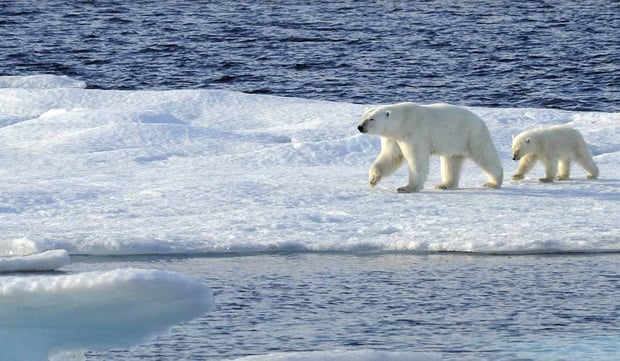 The Ponant Foundation
The Ponant Foundation
Conservation International currently employs over 800 people to carry out projects in the field. They are particularly active in the tropical areas of Africa, Asia-Pacific and Latin America. In each of these areas, they carry out targeted actions with local partners, organisations that are able to weave the projects into the regional fabric. These partners are the vital link in their skill- and knowledge-building efforts. And it is working!
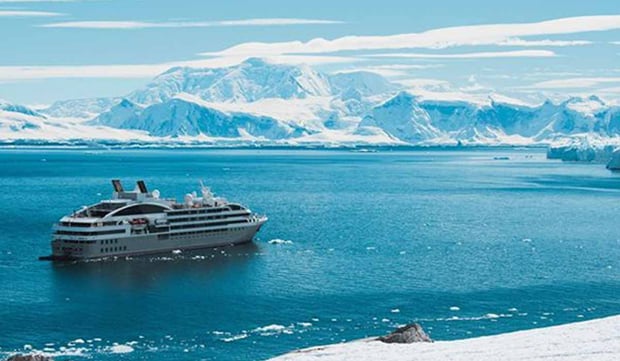 The PONANT Foundation and Conservation International are joining forces to work on several projects, the first of which focuses on humpback whale conservation in Antarctica: the idea is to develop a better understanding of their song because of its significance for their feeding behaviour. They are also going to work together on coral reef conservation in New Caledonia. They have a great synergy as the PONANT Foundation makes its resources available to them, in particular, its fleet of ships.
The PONANT Foundation and Conservation International are joining forces to work on several projects, the first of which focuses on humpback whale conservation in Antarctica: the idea is to develop a better understanding of their song because of its significance for their feeding behaviour. They are also going to work together on coral reef conservation in New Caledonia. They have a great synergy as the PONANT Foundation makes its resources available to them, in particular, its fleet of ships.
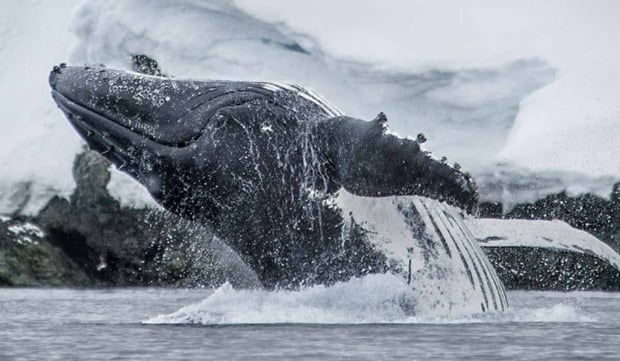 In Indonesia, Ponant helped to restore an entire ecosystem that had been decimated by the trawling and blast fishing industry. In partnership with local institutions, they helped to create marine protected areas in which these practices are prohibited. Now, biodiversity thrives once more, and the region is as beautiful as ever and can now support the thousands of people who live there.
In Indonesia, Ponant helped to restore an entire ecosystem that had been decimated by the trawling and blast fishing industry. In partnership with local institutions, they helped to create marine protected areas in which these practices are prohibited. Now, biodiversity thrives once more, and the region is as beautiful as ever and can now support the thousands of people who live there.



.jpg)
